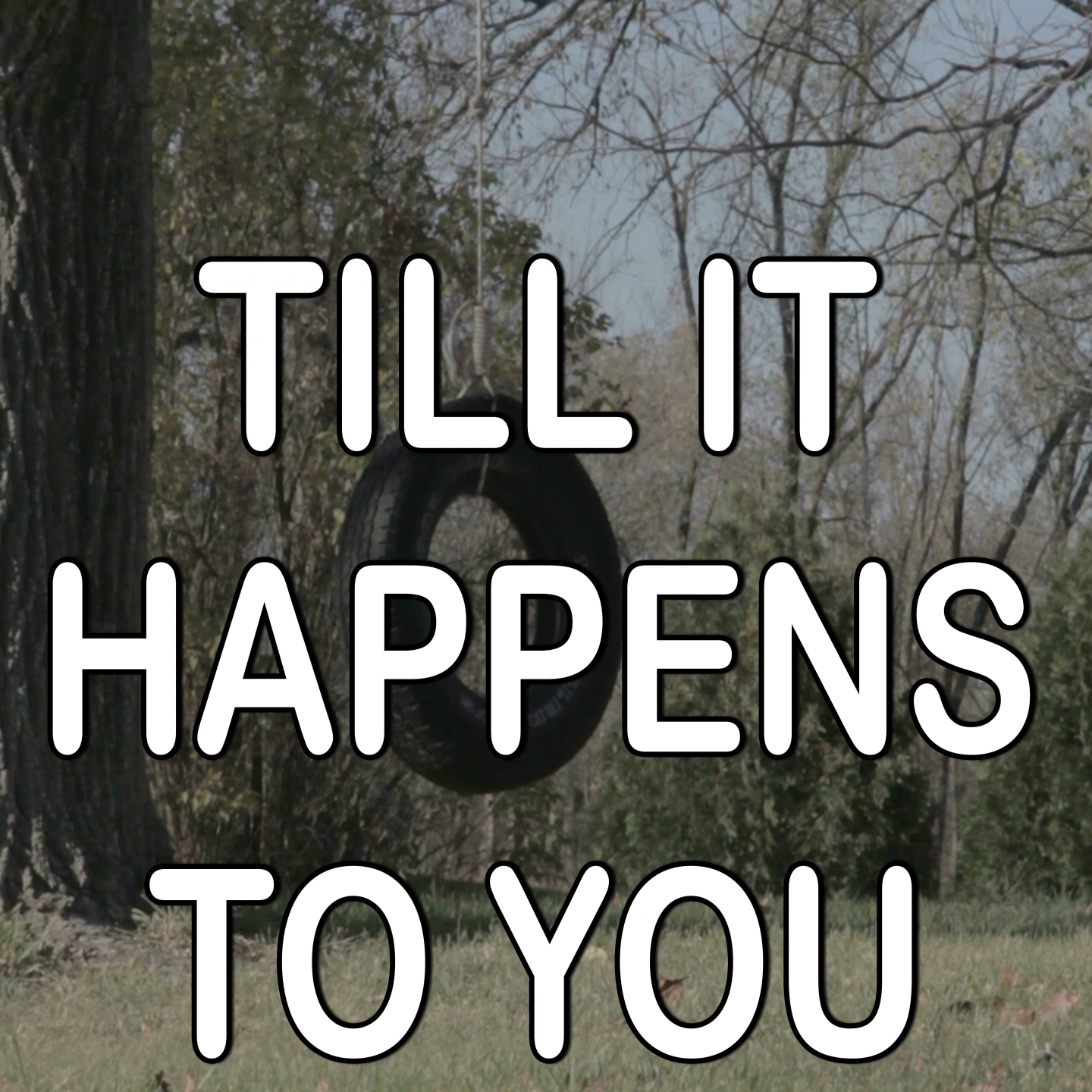Understanding What Happens to Student Loans in Chapter 7 Bankruptcy: A Comprehensive Guide
#### What Happens to Student Loans in Chapter 7?When individuals face overwhelming financial challenges, they may consider filing for Chapter 7 bankruptcy a……
#### What Happens to Student Loans in Chapter 7?
When individuals face overwhelming financial challenges, they may consider filing for Chapter 7 bankruptcy as a means to eliminate their debts. However, one of the most pressing questions for many is: What happens to student loans in Chapter 7? This inquiry is crucial for students and graduates who are struggling to manage their educational debts.
In general, student loans are treated differently in bankruptcy than other types of debt. Under the Bankruptcy Code, most student loans are considered non-dischargeable, meaning that they cannot be eliminated through Chapter 7 bankruptcy proceedings. This rule applies to both federal and private student loans. However, there are exceptions, and understanding these nuances is essential for anyone considering bankruptcy as a solution to their financial woes.
#### Understanding the Non-Dischargeability of Student Loans
The primary reason student loans are non-dischargeable in Chapter 7 bankruptcy is rooted in the belief that education is an investment in a person's future. The government, therefore, aims to encourage individuals to repay their student loans to maintain the integrity of the educational funding system. However, borrowers may find relief if they can demonstrate "undue hardship."
#### Proving Undue Hardship

To potentially discharge student loans in bankruptcy, borrowers must file an adversary proceeding, which is a separate lawsuit within the bankruptcy case. The criteria for proving undue hardship are not clearly defined and can vary by jurisdiction, but the most commonly used test is the Brunner Test. This test requires the borrower to prove three things:
1. **Poverty**: The borrower cannot maintain a minimal standard of living if forced to repay the loans.
2. **Persistence**: The financial situation is likely to persist for a significant portion of the repayment period.
3. **Good Faith**: The borrower has made good faith efforts to repay the loans.
If a borrower successfully proves undue hardship, the court may discharge the student loans in question. However, this process can be complicated, and many individuals may not meet the criteria.

#### Alternative Solutions for Student Loan Debt
Given the challenges associated with discharging student loans in Chapter 7 bankruptcy, borrowers may want to explore other options for managing their student debt. These options include:
1. **Income-Driven Repayment Plans**: These plans adjust monthly payments based on the borrower's income and family size, making payments more manageable.
2. **Loan Forgiveness Programs**: Certain professions, such as teaching or public service, may qualify for loan forgiveness after a specified number of payments.
3. **Consolidation or Refinancing**: Combining multiple loans into one or refinancing to a lower interest rate can help simplify payments and potentially reduce monthly costs.

#### Conclusion
In summary, while Chapter 7 bankruptcy can provide relief from many types of debt, what happens to student loans in Chapter 7 is a complex issue. Most student loans remain non-dischargeable unless the borrower can prove undue hardship through a rigorous legal process. For those struggling with student debt, it is crucial to explore all available options and seek advice from financial advisors or legal professionals specializing in bankruptcy. Understanding the implications of bankruptcy on student loans can help individuals make informed decisions about their financial futures.